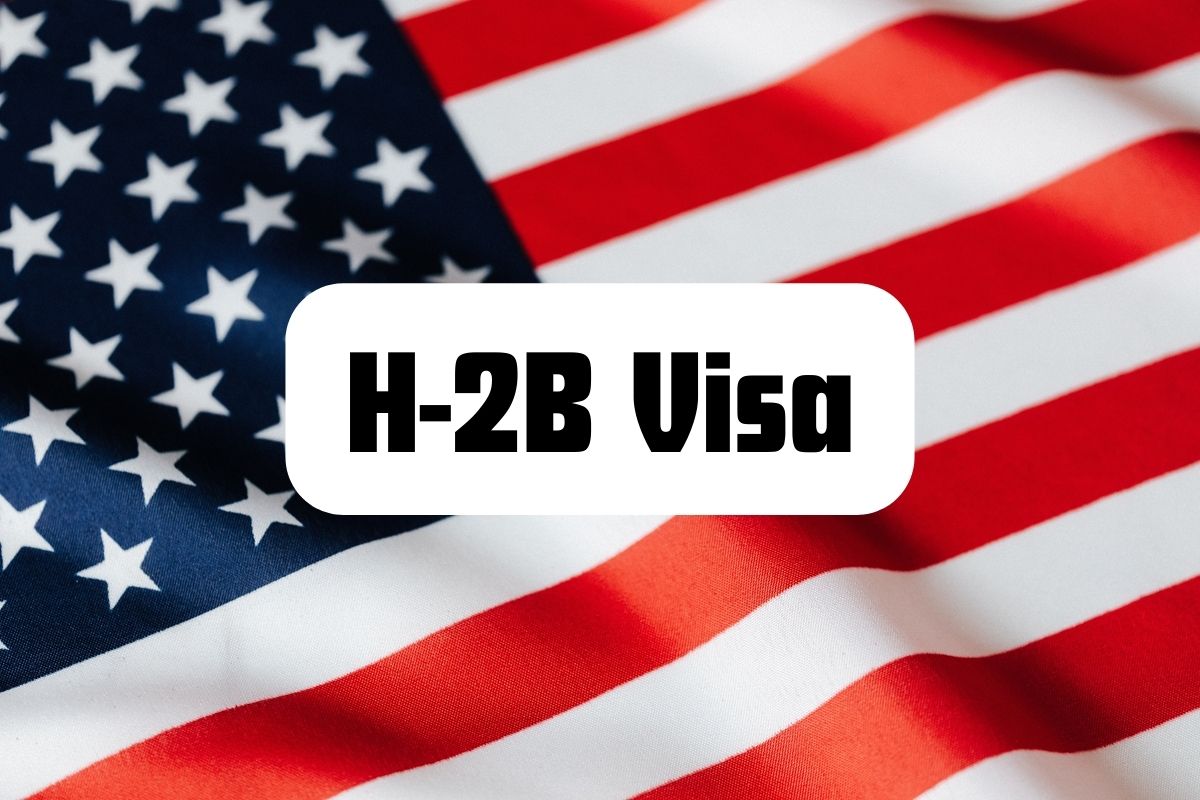The U.S. Citizenship and Immigration Services (USCIS) on Tuesday, September 16, confirmed that it has reached the mandated cap for H-2B visas in the first half of fiscal year 2026. The final date for new filings was September 12, 2025. Any petitions received after that cut-off, requesting employment start dates before April 1, 2026, will be rejected.
This means employers hoping to bring in temporary non-agricultural workers under the program will now need to wait for the second half of the fiscal year to file again.
What the H-2B Visa Covers
The H-2B visa is for seasonal or temporary non-agricultural jobs where U.S. employers struggle to find workers. These jobs often include roles in hospitality, landscaping, construction, seafood processing, and other industries that have surges in labour demand.
Foreign workers benefit by gaining short-term job opportunities in the U.S. Employers can fill important labour gaps. However, the annual cap set by Congress remains tight, and demand often exceeds supply within days of opening.
Impact on Foreign Workers and Employers
For foreign workers, the cap being reached this early means fewer chances to secure employment until the next filing window opens.
Employers in industries that rely heavily on seasonal labour may now face staffing challenges as they approach peak demand seasons without the ability to bring in additional H-2B workers.
In recent years, the U.S. has occasionally released additional H-2B visas to help meet demand, but those are not guaranteed. For now, both workers and employers will need to adjust their plans.
EB-1 and EB-2 Visa Caps Also Reached
It’s not just the H-2B category feeling the squeeze. Earlier this month, the USCIS also announced that both the EB-1 and EB-2 employment-based green card categories have hit their annual limits for fiscal year 2025.
EB-1 visas, often used by individuals with extraordinary ability, outstanding professors, and multinational executives, are capped for now. No new approvals will be issued until October 2025, when the next fiscal year begins.
EB-2 visas, which cover advanced degree professionals and individuals with exceptional ability, are in the same situation. Approvals are paused until the start of FY 2026.
Why This Matters
These updates highlight a recurring reality. U.S. visa demand often exceeds supply, leaving both foreign workers and U.S. employers in a difficult position. For seasonal workers, the H-2B shortage can result in missed chances. For professionals seeking long-term residency through EB visas, the delay creates months of uncertainty.
Follow and connect with us on Facebook, Twitter, LinkedIn, Instagram and Google News for the latest travel news and updates!
